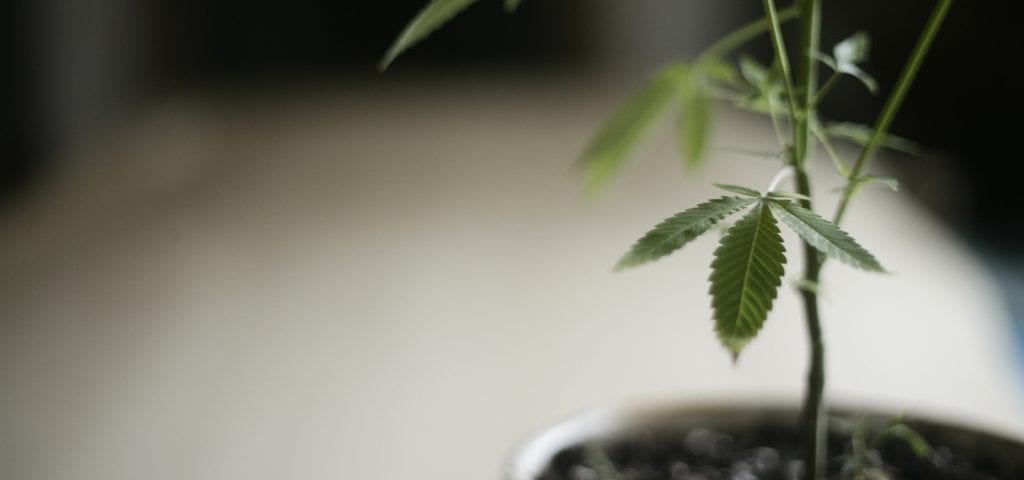Prime Minister Justin Trudeau has unveiled his plan for fulfilling the campaign promise of adult-use cannabis legalization in Canada, the New York Times reports.
Under Trudeau’s legislation, which is expected to take effect approximately one year from now, cannabis cultivation and processing licenses will be issued by the federal government — similar to the country’s medical cannabis regime. Provinces, however, will determine how distribution of the plant will work within their borders. Both government-run stores and specially licensed dispensaries are predicted, but it will be left up to each province to decide.
The federal age requirement to purchase and consume cannabis will be set at 18, though local governments could raise that restriction on a province-by-province basis — as many have done with alcohol. Eligible adults will also be allowed up to four homegrown cannabis plants per household. However, growing and/or selling cannabis without a license would remain a serious criminal offense, according to Bill Blair, the lawmaker who was tasked with crafting the legislation by PM Trudeau last year.
“Criminal prohibition has failed to protect our kids and our communities,” Blair said.
According to a CBC report, the legalization plan is accompanied by another bill that strengthens measures preventing impaired driving. Lawmakers’ plan is to establish a reliable means of checking for cannabis impairment so that drivers and workers who are involved in accidents can be properly screened for intoxication.
Blair, a former Toronto police chief, also said that the legalization plan will not promote cannabis use in any way. Instead, “It [focuses] entirely on how to reduce the social and health harms associated [with] cannabis in its production, distribution and consumption,” he said during a news conference after the bills were introduced. “And that focus enables us to avoid many of the pitfalls that other jurisdictions have experienced, where the focus was primarily on maximizing revenue.”
The government may also consider restrictions that would limit the cannabis industry to only plain product packaging. Brendan Kennedy, President of the Canadian medical cannabis producer Tilray, said that his company will ask for the ability to develop brands through distinctive packaging. “Otherwise it will be a race to the bottom, as companies will compete only based on potency and price,” he told the Times.
Eight U.S. states and the District of Columbia have legalized cannabis for recreational use. Canada will be the second nation in the world to fully embrace adult-use legislation; Uruguay, the first nation to do so, is expected to begin sales of recreational cannabis this summer.
